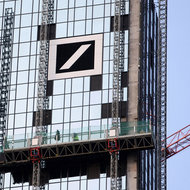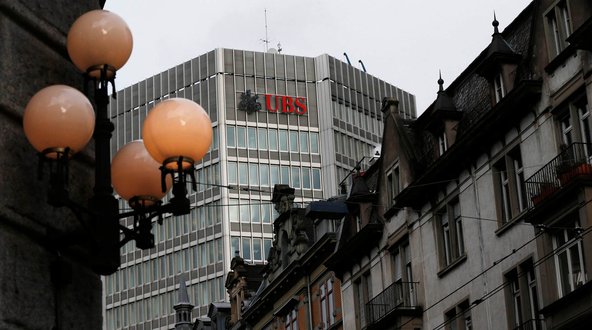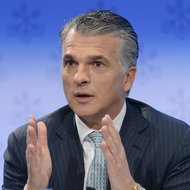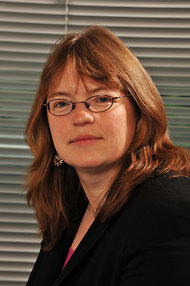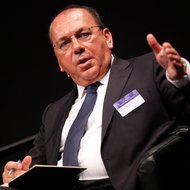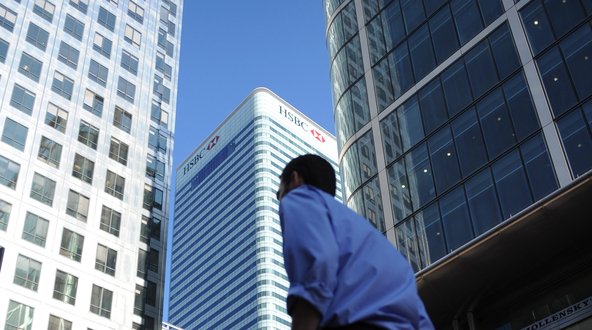Mr. Thompson is scheduled to testify before Parliament on Sept. 9 about severance payouts that were given to high-ranking officials at the organization. A recent report from the National Audit Office found that the BBC paid out £60 million (about $93 million) in severance between April 2005 and March 2013, and that a quarter of the senior managers who received payments were given more than they were entitled to. A BBC spokesman told the British newspaper The Telegraph that the audit “found no evidence of wrongdoing.”
Since Mr. Thompson left the BBC, Parliament has called him back several times for its investigations of events that took place under his tenure as director general, which began in 2004. He was recalled to testify about how the BBC handled sexual abuse accusations against one of its longtime television hosts, Jimmy Savile. Then in June, Mr. Thompson agreed that he would testify before Parliament about questions he answered for members in 2011 about a program called the Digital Media Initiative, which fell under his jurisdiction.
That program had started in 2008 and was intended to convert all of the organization’s production and archived materials to a digital format. The project was halted in October 2012 for a performance review, and in May, the BBC’s current director general, Tony Hall, decided to cut the program after it had accumulated about $154 million in costs. It remains unclear when Mr. Thompson will testify on the Digital Media Initiative.
Eileen Murphy, a Times Company spokeswoman, declined to comment about the news that the British police have started to investigate the severance payouts. But in June, after the announcement that Mr. Thompson had been called to testify about the Digital Media Initiative, Ms. Murphy said, “Mark has always been cooperative with inquiries when they arise, and he fully intends to continue that practice.”
E-mails sent late Friday evening to both the British police and the BBC for comment were not returned.

Article source: http://www.nytimes.com/2013/08/10/business/media/inquiry-focuses-on-bbc-severance-payments.html?partner=rss&emc=rss



